Everyone’s blood oxygen levels are lower during sleep, due to a slightly reduced level of breathing. Also, some alveoli stop being used during sleep.
If your waking oxygen saturation is greater than 94 percent on room air, it’s unlikely your sleeping saturation will drop below 88 percent. However, your doctor may order an overnight oximetry test if you have concerns about your oxygen saturation levels while you sleep.
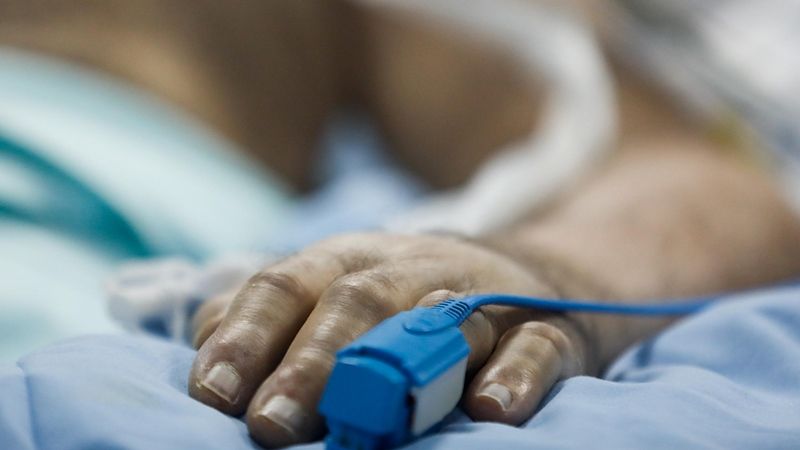
What are normal oxygen levels during sleep?
What do you need to know about the rate of oxygen desaturation during sleep?
The oxygen desaturation index is a measure of insufficient blood oxygen during sleep. If you have a diagnostic sleep study, this may be one of the components of the report you receive that describes your results.
Oxygen saturation is a measure of oxygen in the blood. Oxygen desaturation (low oxygen saturation) means that the percentage of oxygen in the blood is lower than it should be.
Low oxygen saturation is one of the indicators that you could be at risk for long-term health consequences, such as cardiac (heart) problems.
Learn how oxygen desaturation is measured and how the results can be useful in identifying sleep apnea and other conditions that may be associated with drops in oxygen level during sleep.
Normal oxygen level while lying down
Normal oxygen saturation should be 95 to 97%. A drop below 90% is considered mildly abnormal, between 80 and 89% is considered moderately abnormal, and below 80% is considered severely abnormal.
What causes the worsening of the oxygen desaturation index?
During sleep, muscle tone decreases somewhat. This does not have a noticeable or substantial effect for most people.
But the normal decrease in muscle tone during sleep means that the rate of oxygen desaturation can be worsened by diseases that affect breathing or oxygen in the blood.
Oxygen levels decrease when lying down
Apnea and hypopnea
When breathing is interrupted during sleep, blood oxygen levels can repeatedly drop, this is typically associated with apnea or hypopnea.
Obstructive sleep apnea is a complete stoppage of breathing. It is the most common symptom and occurs due to obstruction of the upper airways, usually due to the increased tendency of the throat muscles to relax during sleep.
Central sleep apnea is much less common. It is a pause in breathing during sleep caused by poor control of the brain’s breathing or by heart failure or poor heart function.
Hypopnea is an episode of impaired breathing that represents a partial collapse of the airways.
What does high oxygen variation during sleep mean?
What are the normal and abnormal levels of oxygen in the blood during sleep?
A low oxygen level for sleep apnea is a sign that your sleep apnea treatment is not effective. Patients with breathing problems during sleep (sleep apnea) often have low levels of oxygen in their blood.
A normal blood oxygen level should be between 95% and 98%. As a result of not breathing for 30 seconds or more during sleep, the sleep apnea oxygen level would drop to 80% or less.
Any oxygen level below 90% is dangerous to your body and requires intervention. Another thing to consider is that the brain can only survive 4 minutes once the oxygen is completely cut off.
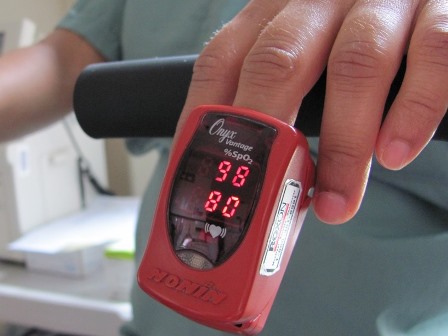
Do Oxygen Levels Decrease when Lying down?
Your doctor may order an overnight oximetry test if you have concerns about your oxygen saturation levels while you sleep.
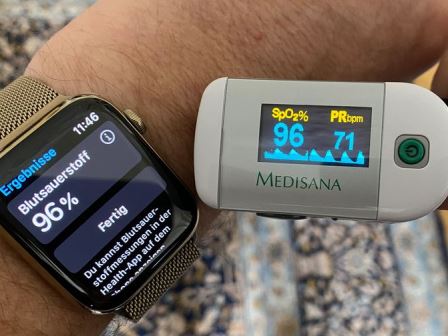
Is it Normal for Oxygen Levels to Fluctuate?
Normal oxygen levels can fluctuate based on several factors, such as chronic illnesses, high altitudes, or respiratory illnesses.
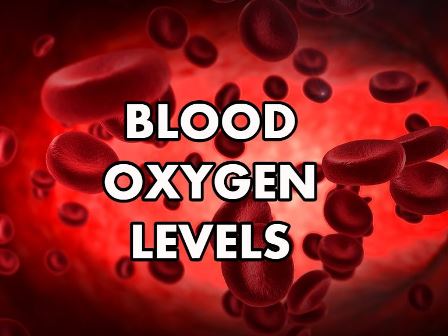
Normal oxygen saturation by age
Human beings depend on oxygen for life. All organs require oxygen for metabolism but the brain and heart are particularly sensitive to a lack of oxygen.
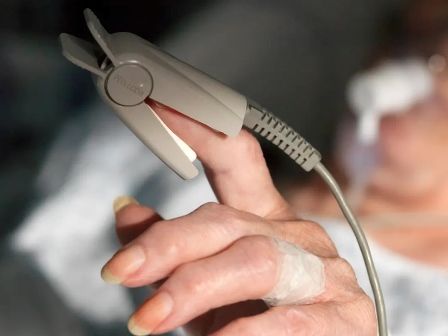
Why do Oxygen Levels decrease when lying down?
Everyone’s blood oxygen levels are lower during sleep, due to a slightly reduced level of breathing.
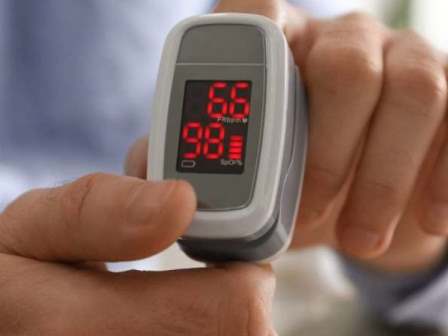
What happens when your Oxygen Level drops to 70?
If you have wondered: How to restore oxygen levels in patients?
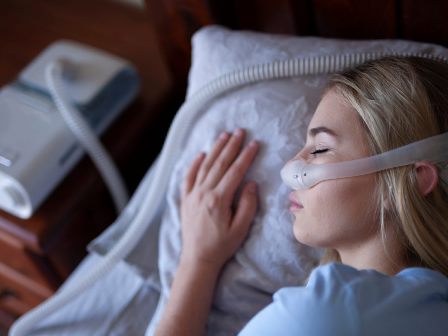
Shortness of Breath while Lying Down
One type of shortness of breath while lying down is dyspnea, dyspnea is a feeling of shortness of breath.
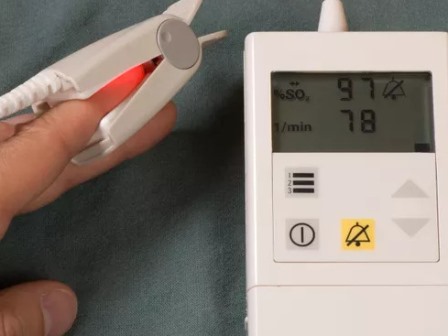
What happens when Oxygen Levels drop?
If your blood oxygen levels are too low, your body may not work properly.
